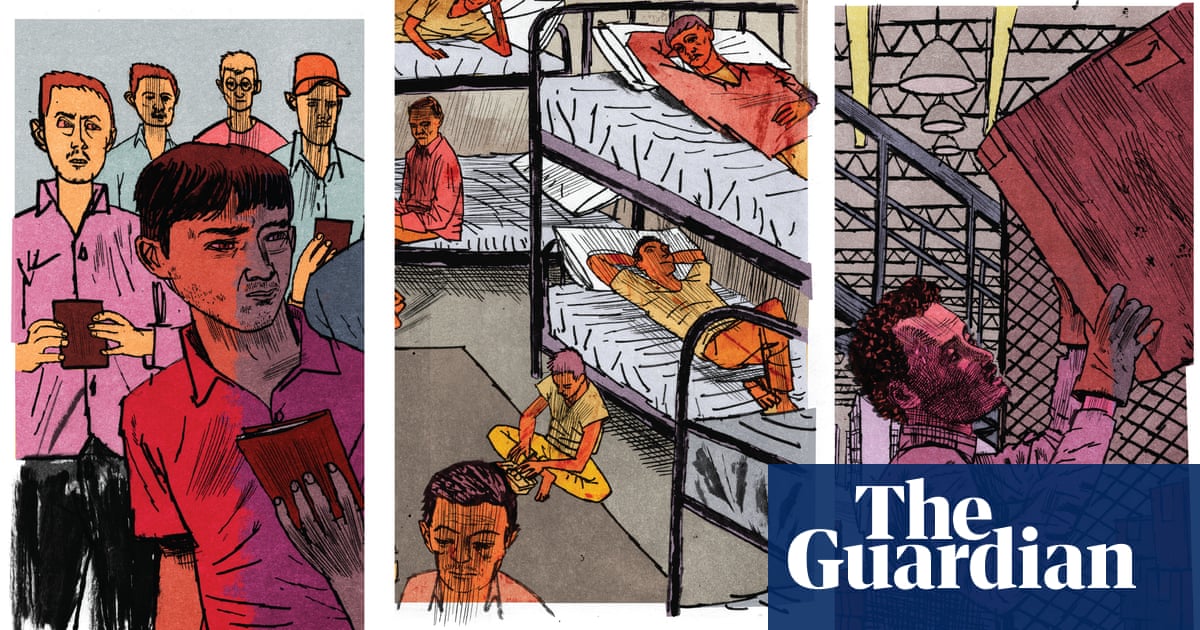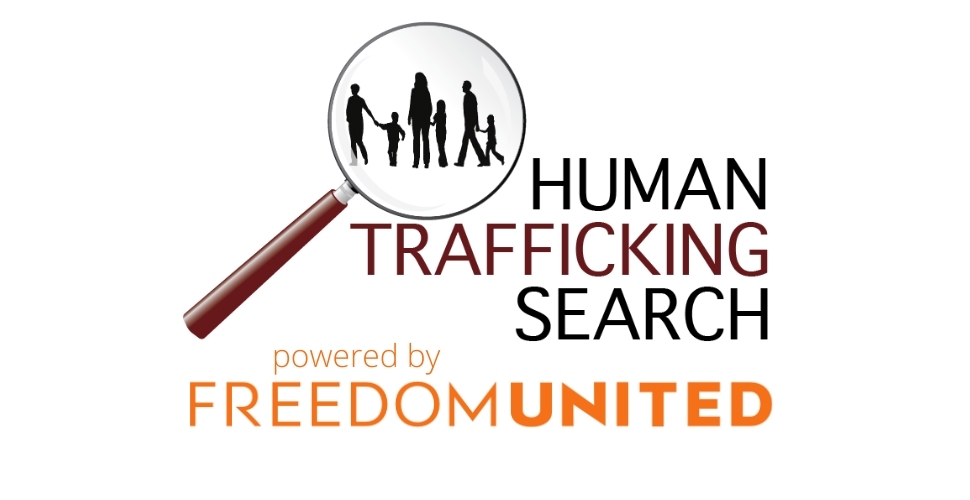
Today the Guardian has published an investigation into labor conditions at the Persian Gulf locations of major US and UK brands, including Amazon, McDonald’s and the InterContinental Hotels Group.
Almost 100 current and former migrant laborers spoke to reporters, and many claimed they were misled into taking poorly paid jobs, subject to extortionate and arbitrary fees, or had their passports confiscated. These practices are broadly considered to be indicators of labor trafficking.
The workers were generally employed by franchise holders, other local partners or labor supply firms.
In response to questions from the Guardian, the International Consortium of Investigative Journalists and other media partners, Amazon said that some workers at its facilities had been treated poorly, and thanked them for speaking out. McDonald’s said it found the allegations “extremely troubling”. The InterContinental Hotels Group (IHG) and the Chuck E Cheese brand’s parent company, CEC Entertainment, said they took fair treatment of workers very seriously.
Here are five key takeaways from the stories.
1
Unbearable conditions as a contract worker at Amazon
More than 50 current and former workers described grueling experiences working at Amazon facilities in Saudi Arabia. All are migrant laborers from Nepal, and most claim they were told in their home country that they would be working directly for Amazon in the Persian Gulf. After they arrived they discovered they were instead employed by Saudi labor supply firms, and earned about $350 a month, or as little as one-quarter of what they say direct Amazon employees earned.
They say they worked long days in vast warehouses and were discouraged from taking water or toilet breaks. And many say often they were housed six to eight in a room in accommodations infested with cockroaches. The water supply was unreliable and salty and gave them rashes, workers say.
2
Arbitrary fees and penalties
A number of the workers claim they had no choice but to pay steep fees and fines that seemed capricious and amounted to months’ worth of their salaries.
Workers for McDonald’s and Amazon, for instance, say they were asked to pay a “recruiting fee” to independent employment firms in their home countries. The Nepali workers at Amazon say this could be as much as $2,300, even though the Nepali government mandates that such fees must be less than $85. Commonly, they say they took out loans to pay them, and felt they could not quit their jobs because they would be unable to repay the money.
When Amazon workers sought time off to travel to Nepal for births, funerals or other major events, the labor supply company they worked for required that they pay a penalty, or find another worker to be a “guarantor” who would be fined if they did not return. One man said he was asked to pay a $1,600 fine to attend his father’s funeral.
3
No way out
Fourteen workers at IHG-branded hotels and at Chuck E Cheese franchises claim that managers confiscated their passports. An assistant manager at Chuck E Cheese says this was done to make sure that staff did not “run away from the company and work in other companies”. Doing so is against the law in the United Arab Emirates and Saudi Arabia.
IHG workers also say they were not permitted to resign if they received better employment offers elsewhere.
4
In limbo after being let go
Nepali workers at Amazon say they had minimal job security, and that they were let go when business slowed. They claim they were then forced to leave the already dismal accommodations in which they were living and sent to grim new lodgings that did not have beds or internet service. They say they had no wages and could barely afford to eat.
5
Limited protections
The labor auditing industry is meant to protect overseas workers from labor abuses, and emerged in the 1990s after revelations that US companies were relying on sweatshops to produce goods abroad. But insiders from the industry says that auditing is frequently ineffective.
They and experts claim that auditing reports may be falsified, that auditors do not always act independently from the companies they are auditing, and that it is common for results of audits to be kept out of the public eye.












